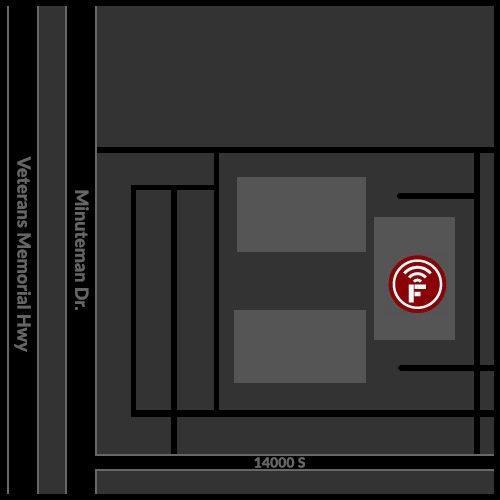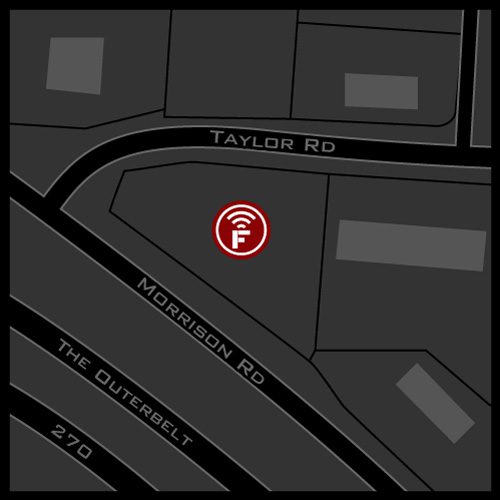
Once upon a time, the homepage was considered the single most important page on a company website. With shifting search algorithms and the continuing rise of social, however, times have changed; according to a New York Times innovation report, homepage traffic has declined by nearly 50 percent in the past two years.
And they’re not the only ones. Across the Internet, home page clicks are increasingly replaced by visits to landing pages, blogs and other more specific website content. For those working in Web development, this poses an issue — how much weight should be placed on the homepage, if any?
The truth is, the importance of the homepage varies depending on the business, as well as the website and how it operates. For clickbait news sites such as Buzzfeed or Gawker, the vast majority of traffic comes from social referrals, which lead viewers to a specific article or story. However, for your standard business specializing in goods and services, the opposite is true.
For the average business, website visitors need to know three things upfront:
Who are you?
What do you do, make or sell?
Why should customers choose your business?
The homepage is often the first impression viewers will have of your website or brand — so it needs to be flawless. Set a clear visual hierarchy behind your Web development and follow through on that hierarchy with the design. Frame information in a way that caters to customers, and be sure to present information in a clear and concise manner.
Not only should a homepage provide adequate information about your product or service, it should include a call to action that makes conversions easy — some clear way to get started. Don’t just bring in new customers, turn them into long-term customers.
While the overall Web development landscape has changed, the homepage remains a quintessential conversion tool for most businesses. Earn your visitors’ attention with a clear, smart homepage that tells your story — and makes visitors want to get involved.


